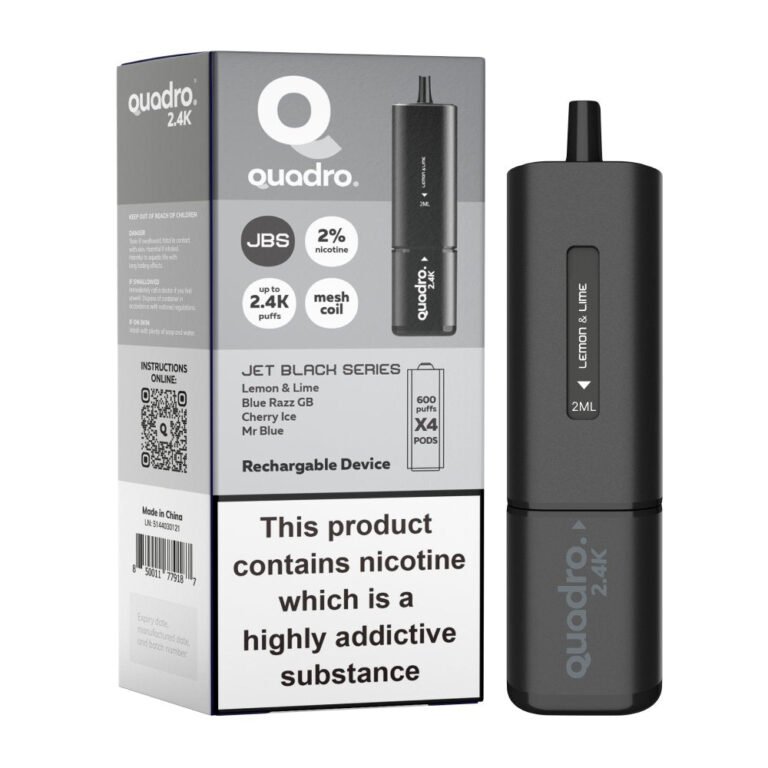Best Practices for Small Business Websites | Guide to Online Success
Best Practices for Small Business Websites
In today’s competitive digital world, your website is the first impression many customers will have of your business. For small businesses, having a professional, well-optimized, and user-friendly website is no longer optional—it’s essential. A strong online presence helps you attract customers, build trust, and increase sales.
Thank you for reading this post, don't forget to subscribe!Here are the best practices for small business websites that every entrepreneur should follow to ensure online success.
1. Mobile-Responsive Design
Since more than half of all website traffic comes from mobile devices, a mobile-friendly website is a must. A responsive design automatically adjusts to different screen sizes, ensuring a seamless experience whether visitors use a phone, tablet, or desktop.
2. Fast Loading Speed
A slow website drives visitors away. Small businesses should:
- Use lightweight images
- Enable caching
- Choose reliable hosting
- Minimize unnecessary plugins
Research shows that websites loading in under 3 seconds significantly improve customer retention.
3. Clear and Simple Navigation
Visitors should easily find what they’re looking for. Organize menus logically, keep the design clean, and make sure important pages—like About, Services, Contact, and Products—are easy to access.
4. Strong Call-to-Actions (CTAs)
Your website should guide users toward taking action. Effective CTAs include:
- “Contact Us Today”
- “Get a Free Quote”
- “Shop Now”
- “Subscribe to Our Newsletter”
These encourage visitors to engage with your business.
5. SEO Optimization
Search Engine Optimization (SEO) helps small business websites rank higher on Google. Best practices include:
- Using relevant keywords in titles and headings
- Writing meta descriptions
- Adding alt tags to images
- Building internal and external links
- Creating high-quality blog content
6. Secure Website (SSL Certificate)
Trust is everything. An SSL certificate (HTTPS) not only protects user data but also improves your Google ranking. Customers are more likely to buy from a website that looks safe and secure.
7. Local SEO for Small Businesses
For small businesses targeting local customers, local SEO is crucial. Ensure you:
- Claim and optimize your Google Business Profile
- Use location-based keywords
- Add your business address and contact information clearly on the site
- Encourage customer reviews
8. Engaging Visuals and Branding
Your website should reflect your brand’s personality. Use:
- Professional logos
- High-quality images
- Consistent color schemes
- Easy-to-read fonts
This creates a memorable and trustworthy brand presence.
9. Regular Updates and Maintenance
A website isn’t a “set it and forget it” project. Regularly update content, check for broken links, and keep software and plugins up to date. This keeps your site secure and relevant.
10. Integration with Marketing Tools
Small businesses can maximize their websites by integrating tools like:
- Email marketing (Mailchimp, HubSpot)
- Social media sharing buttons
- Live chat for customer support
- Analytics to track performance
Related Keywords (for SEO)
- Small business website design
- Website best practices for small businesses
- SEO tips for small business websites
- Professional website design for entrepreneurs
- Local SEO for small businesses
- Mobile-friendly business websites
FAQs
Q1: How much should a small business website cost?
Prices vary from $500 to $5000 depending on design, features, and functionality.
Q2: Do small businesses really need SEO?
Yes! SEO helps small businesses rank higher on Google, reach more customers, and compete with larger companies.
Q3: How often should I update my business website?
Ideally, review and update content every month and ensure security updates are done regularly.
Q4: What is the most important page on a small business website?
The Home Page is the most critical since it’s usually the first page visitors see. It must be clear, engaging, and informative.
Q5: Can I build my small business website myself?
Yes, using tools like WordPress, Wix, or Squarespace, but hiring professionals ensures better design, SEO, and performance.
Contact Us
Website URL: https://www.optabyt.com
Website Email: info@optabyt.com
Website # : 47 404 50 6 65
Address: Stasjonsveien 10 2010 Strømmen, Norway





